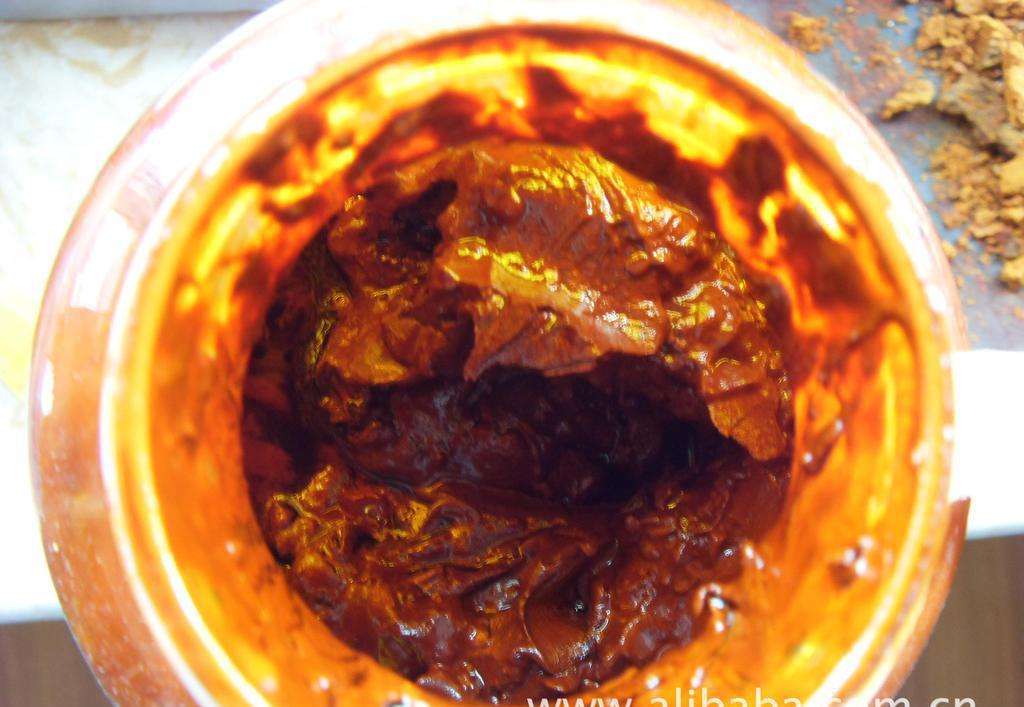Healthy diet
What are the taboos of oil preservation
Edible oil is a kind of high heat energy food, which not only has the function of satiety, but also can improve the sensory properties of food, diversify the varieties of food, and increase the flavor. If not properly preserved, it will not only reduce its edible value, but also its nutritional value, and even produce toxic substances to human body. So what are the taboos of preserving oil?
- Avoid contact with air when storing grease. If the oil is in direct contact with the air, it will undergo chemical changes with oxygen, which will make the oil hydrolyze and the unsaturated fatty acid contained oxidize itself, resulting in the oil rancidity and deterioration.
- Keep grease away from light. Because the unsaturated fatty acids in oil are composed of double bonds, they can strongly absorb ultraviolet rays, cause chain reaction, accelerate the formation of peroxides, and accelerate the rancidity process of oil.
- Keep grease away from water and metal. When the water content in the oil is high, the hydrolysis can accelerate the rancidity of the oil, promote the propagation of microorganisms and reduce the quality of the oil. Therefore, the moisture content in the oil shall not exceed 2%. Metal is the catalyst of oil oxidation. Even if iron and copper are in contact with oil, they can also make oil quickly rancid.
- Avoid impurities and other precipitates in the grease. Transparency can indicate the amount of impurities in oil. The oil with good quality is completely transparent. If it contains water, wax, phospholipid, protein, etc., because of their high melting point, it can cause oil turbidity and even precipitation after preservation, so as to reduce the transparency. It can be seen that the higher the quality of oil, the less sediment it contains.
Based on the above reasons, the grease shall be kept away from air contact, direct sunlight, cleanliness, contact with containers containing metal elements and water mixing. In addition, in order to prevent or delay the oxidative rancidity of oil, some natural antioxidants, such as vitamin E, natural flavor, phospholipid and citric acid, can be added to the oil. The most suitable storage temperature of oil is 4-10 ℃. In a word, the key to keep the oil is to prevent the oil from rancidity.



